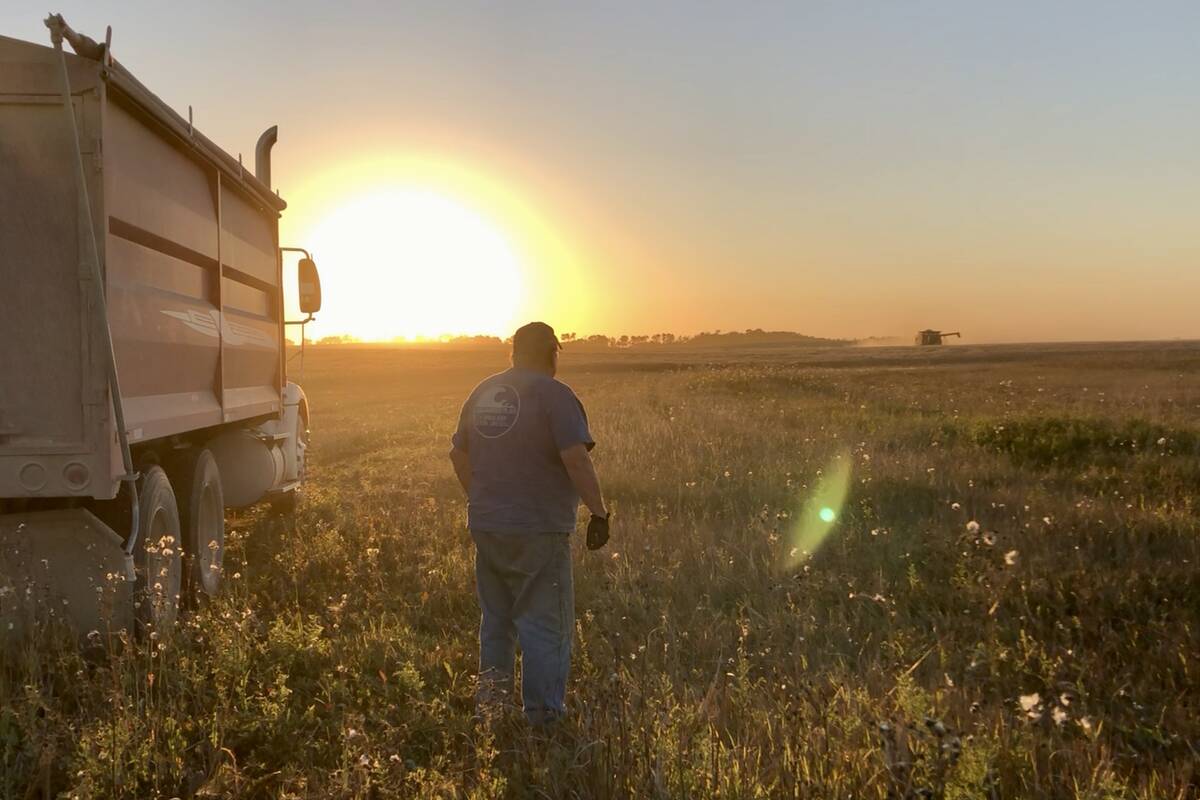A leading Canadian demographic expert agrees with a recent report from Statistics Canada that recommends the return of the long form census.
Susan McDaniel, Canada Research Chair in Global Population and Life and a sociology professor at the University of Lethbridge, said Statistics Canada’s review of the 2011 census process and its consideration of other options was a good report that should carry weight with the federal government.
“They will have to pay attention to this report because they essentially asked for this report,” McDaniel said.
Read Also

VIDEO: Bittersweet harvest for this family farmhand
Bruce Burnett helps his brother harvest wheat and canola for the last time on the family farm in Manitoba where they both grew up.
“I think that the government really was asking for a consideration of options, which is fair enough, and now that’s been done.”
The Conservatives eliminated the mandatory long form census, which was sent to one in five selected Canadian households, in July 2010.
At the time, then industry minister Tony Clement said it was because Canadians considered the mandatory long form intrusive and the penalties too severe for failure to fill it out.
A voluntary National Household Survey (NHS) was issued instead, in addition to the short form census sent to all Canadian households.
The NHS had a 69.3 percent re-sponse rate. McDaniel said that is considered good for a voluntary survey but does not replace the statistically reliable data that the long form used to provide.
“We don’t know who that 31 percent is that are missing and probably they’re not randomly distributed, and that’s a worry,” she said.
“We do know for sure that you can’t generalize to the entire population if you’ve got 31 percent missing.”
The sociologist noted there was widespread disagreement with the decision to eliminate the long form census, and the reasons appear to have been red herrings.
Statistics show few complaints about privacy or intrusion and no one has ever been fined or jailed for failing to fill out the form.
Nor was the decision a cost-saving measure. The voluntary household survey went to all households in-stead of one fifth and cost an estimated $30 million more to administer than the previous method.
“It’s not funny because it’s our money, but they ended up spending more for lower quality data,” said McDaniel.
Census data is used by a wide spectrum of society, business and government to make decisions on infrastructure, education and health care.
In its report, Statistics Canada examined alternative measures to collect reliable data.
“That’s what they came to, that the mandatory long form census that we’ve done forever, since we’ve been doing censuses, is the best way to go,” said McDaniel.
She said she hopes the government will consider the report and reinstate the form.
“As it is, we’re going to have that hole for 2011 forever, but we should go back to it and try to get back on track for 2016, so I’m hoping that’s what they’ll do.”
Statistics Canada said it will continue to analyze its methods.
“The necessary conditions for the conduct of a traditional census approach are expected to continue to exist for 2016 in Canada. The degree of public co-operation with the census (mandatory) is still at high levels,” the report said.

















